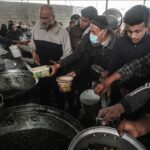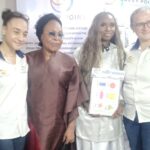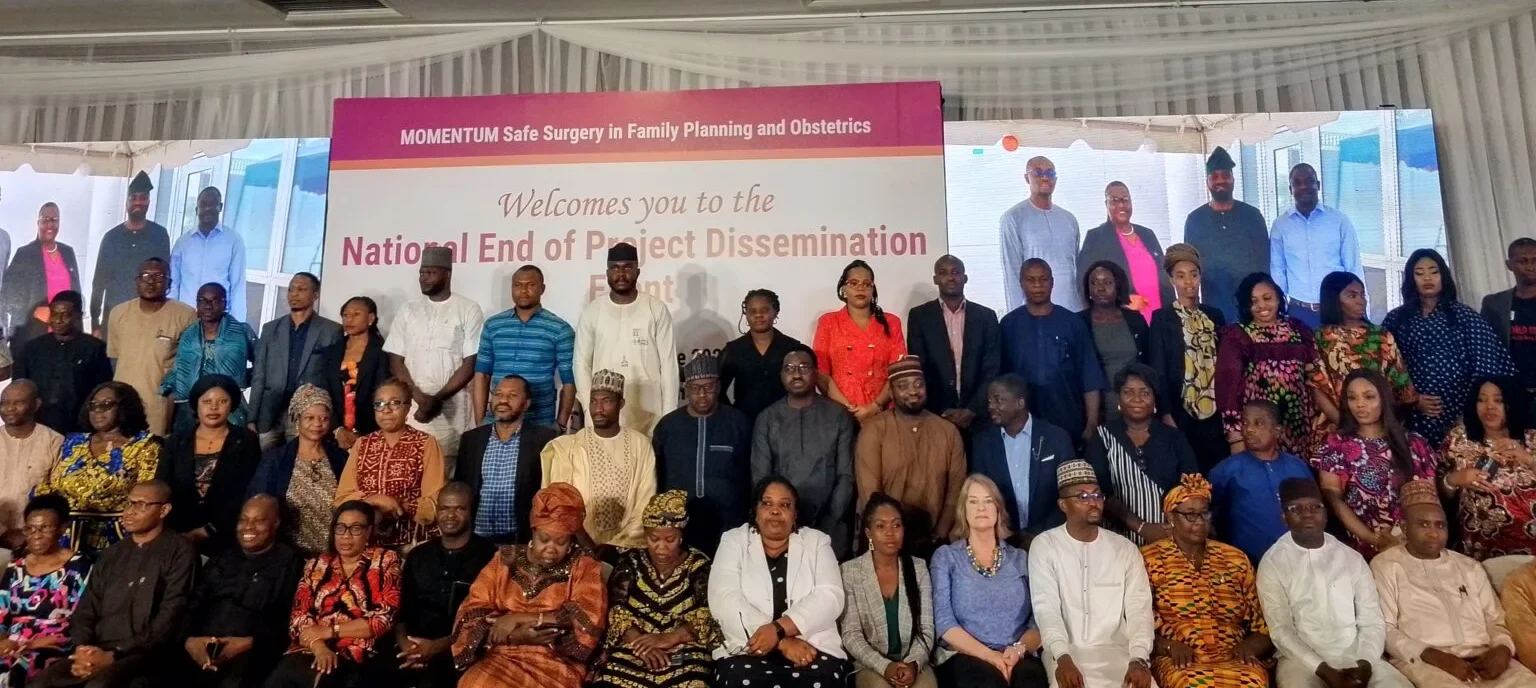By Justina Auta
The Federal Ministry of Health and Social Welfare in collaboration with the US Agency for International Development (USAID), has conducted more than 1,566 fistula repairs from 2021 to date.
The repairs were carried out in Bauchi, Ebonyi, Kebbi, and Sokoto states and the Federal Capital Territory.
The ministry’s Permanent Secretary, Daju Kachollom, disclosed this at the end of a project learning and dissemination workshop for USAID-MOMENTUM Safe Surgery in Family Planning and Obstetrics (MSSFPO) project, on Tuesday in Abuja.
Kachollom, who was represented by Dr Binyerem Ukaire, Director, Family Health, also said that a fistula pricing model has been developed to improve access to services for survivors through the National Health Insurance Scheme.
She added that the partnership equally ensured access to safe and surgical obstetric care across the project implementing facilities.
She identified some of the services as caesarean delivery and peripartum hysterectomy, obstetric and iatrogenic fistula prevention care, female genital cutting prevention and management, as well as gender-based violence.
“These have contributed to 1,566 fistula repairs feat at the project-supported facilities, including the training of many healthcare workers in surgical obstetrics prevention, treatment of fistula and prevention of female genital cutting.
“This partnership and interventions in these critical areas is saving the lives of women and young girls as well as ensuring their wellbeing,” she said.
Dr Kabiru Atta, Country Project Manager, USAID-MSSFPO, said that apart from the fistula care for over 1,566 clients, the project also ensured that 81 per cent of the clients received rehabilitation and reintegration care.
To this end, Atta said that over 350 health workers across 48 hospitals were trained on fistula care and management, 60 on the management of complications of female genital mutilation.
She added that 1.2 million people were reached with social and behaviour change messages.
“Before the project came on board, one of the things we identified was that only 17 per cent of fistula clients were actually having access to rehabilitation and restoration services.
“We were able to put in place systems or mechanisms to ensure that after the end of the project today, 81 per cent of fistula clients who now walk into the government hospitals to access service are actually receiving holistic fistula care services.
“They are not only receiving surgeries, they are also receiving family planning and psychosocial counseling, therapy services, nutritional services, and psychosocial services among others to restore their dignity of life,” he said.
The Project Manager commended all the states, especially Bauchi and Ebonyi for implementing some of the recommendations targeted at reducing maternal and newborn mortality and morbidity.
On her part, Ms Suegatha Rennie of USAID, noted that the project has contributed significantly in the reduction of maternal and new-born mortality and morbidity.
Rennie commended the implementing partners and other stakeholders for the overall success of the project recorded so far.
She, however, said that despite these successes, inflation has continued to affect the cost of inputs for fistula surgery.
“This requires increased investments by the government and all partners to ensure we eliminate fistula by 2030.” (NAN)
Edited by Philip Yatai












